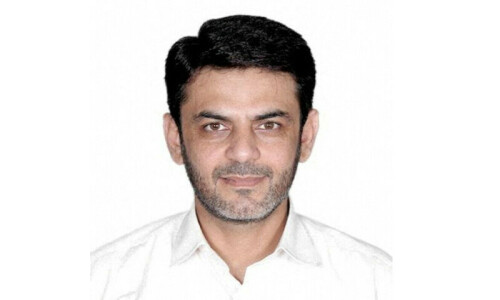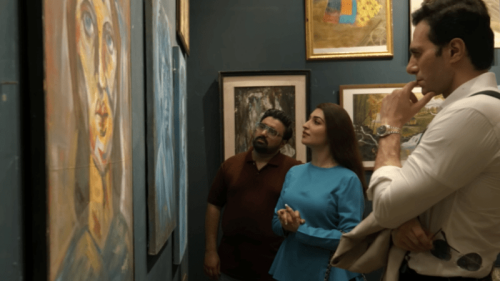IT seems that the federal government’s indecision about taking administrative control of the three largest public-sector hospitals in Karachi has had a debilitating effect on the operations of these health facilities. In a letter written to the chief justice of Pakistan, the employees of the Jinnah Postgraduate Medical Centre have expressed their concern that the uncertain status of the institution was affecting the day-to-day running of the hospital and the future of the workers. The JPMC faculty and staff want the implementation of the Supreme Court’s 2019 verdict in which the administrative control of the JPMC, the National Institute of Cardiovascular Diseases and the National Institute of Child Health was handed over to the federal government. However, the latter first refused to take on the responsibility for running these institutions, and then in December last year, the government acquiesced in the decision, requesting some time to take stock of the situation. In its latest U-turn, however, the federal cabinet has again refused to assume administrative control of these institutions.
This lack of clarity has impacted promotions as well as the hiring and professional growth of several faculty members and students. Though the daily budgetary requirements — salaries, cost of medicines and other operational expenses — of these hospitals is currently being met by the Sindh government, it is not the statutory authority for hiring competent faculty members and doctors to meet the expanding needs of these institutions. The extent of the prevailing uncertainty can be gauged from the fact that the faculty and doctors are uncertain whether they are employees of the federal or the Sindh government. Moreover, the uncertain status of the JPMC also affects the future of the Jinnah Sindh Medical University that is affiliated with the former. In case of a federal takeover, the JSMU stands to lose its affiliate teaching hospital and thus its status as a full-fledged medical university. The centre must stop dithering and provide a workable solution, advisably in consultation with the Sindh government, to stave off further damage.
Published in Dawn, March 12th, 2020










































